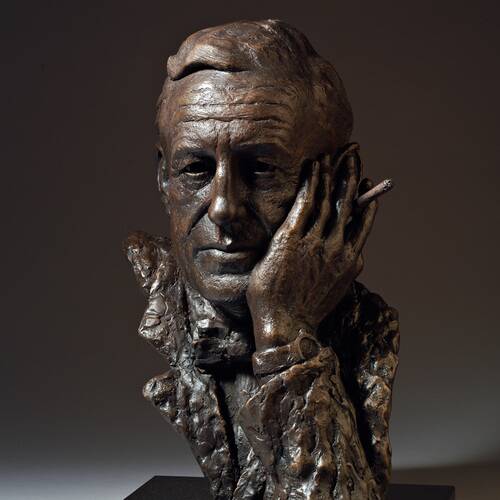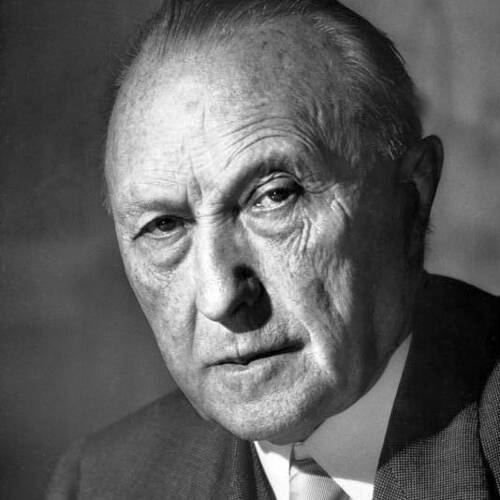University of Munich: Statistics
Updated:


| Position | Category |
|---|---|
| #66 of 14,131 | In the World |
| #9 of 2,785 | In Europe |
| #2 of 369 | In Germany |
| #1 of 45 | In Bavaria |
| #1 of 10 | In Munich |
| #4 of 2,491 | For Obstetrics and Gynecology (OB-GYN) |
| Top100 | For 65 other topics |
Quick Review
- Acceptance rate
- 55%
- Enrollment
- 52,418
- Type
- For-profit
- Funding
- Public-private
partnership - Highest Degree
- Doctorate
- Website
- www.lmu.de
Acceptance rate & Admissions
| Acceptance Rate | 55% |
|---|---|
| Admissions Requirements | Competitive admission |
| Academic Calendar | Semesters |
| Enrollment | 52,418 |
We've calculated the 55% acceptance rate for University of Munich based on the ratio of admissions to applications and other circumstantial enrollment data. Treat this information as a rough guide and not as a definitive measure of your chances of admission. Different programs may have significantly varying admissions rates.
Research profile
University of Munich is a world-class research university with 204,701 scientific papers published and 6,843,462 citations received. The research profile covers a range of fields, including Biology, Medicine, Chemistry, Genetics, Liberal Arts & Social Sciences, Physics, Biochemistry, Computer Science, Engineering, and Environmental Science.
University of Munich majors
by publication & citation count
Annual publication & citation counts
| Year | Publications | Citations |
|---|---|---|
| 1992 | 1497 | 17288 |
| 1993 | 1692 | 18913 |
| 1994 | 1800 | 20301 |
| 1995 | 1768 | 23502 |
| 1996 | 2142 | 26001 |
| 1997 | 2294 | 28509 |
| 1998 | 2465 | 32004 |
| 1999 | 2795 | 36560 |
| 2000 | 2943 | 42850 |
| 2001 | 2969 | 48915 |
| 2002 | 3231 | 57565 |
| 2003 | 3415 | 70340 |
| 2004 | 3948 | 78845 |
| 2005 | 3972 | 91439 |
| 2006 | 4288 | 103160 |
| 2007 | 4991 | 116487 |
| 2008 | 5203 | 134213 |
| 2009 | 5441 | 153627 |
| 2010 | 5823 | 172006 |
| 2011 | 6256 | 195749 |
| 2012 | 6268 | 219332 |
| 2013 | 6689 | 243041 |
| 2014 | 7036 | 266088 |
| 2015 | 7118 | 284823 |
| 2016 | 7526 | 303335 |
| 2017 | 7691 | 325519 |
| 2018 | 8880 | 354413 |
| 2019 | 9666 | 401689 |
| 2020 | 10705 | 494399 |
| 2021 | 11510 | 563922 |
| 2022 | 11251 | 540701 |
| 2023 | 12243 | 565727 |
| 2024 | 9387 | 558746 |
Tuition
The tuition table for University of Munich gives an overview of costs but prices are approximate and subject to change and don't include accommodation, textbooks, or living expenses. The costs of programs might differ significantly for local and international students. The only source of truth for current numbers is the university's official website.
| Program | Tuition Cost (per semester) |
|---|---|
| Bachelor's Degree | €130 |
| Master's Degree | €130 |
| Doctoral Degree | €130 |
The currency used is Euro (€).
Programs and Degrees
The table below displays academic fields with programs and courses that lead to Bachelor's, Master's, and Doctorate degrees offered by University of Munich.
Note that the table provides a general overview and might not cover all the specific majors available at the university. Always visit the university's website for the most up-to-date information on the programs offered.
| Programs | Bachelor | Master | Doctoral |
|---|---|---|---|
| Art & Design | Yes | Yes | Yes |
| Biology | Yes | Yes | Yes |
| Business | Yes | Yes | Yes |
| Chemistry | Yes | Yes | Yes |
| Computer Science | Yes | Yes | Yes |
| Economics | Yes | Yes | Yes |
| Engineering | Yes | Yes | Yes |
| Environmental Science | Yes | Yes | Yes |
| Liberal Arts & Social Sciences | Yes | Yes | Yes |
| Mathematics | Yes | Yes | Yes |
| Medicine | Yes | Yes | Yes |
| Physics | Yes | Yes | Yes |
| Psychology | Yes | Yes | Yes |
University of Munich alumni
-
Arnold Schwarzenegger

- Occupations
- politicianautobiographertelevision actorpowerlifterbusinessperson
- Biography
-
Arnold Alois Schwarzenegger is an Austrian and American actor, businessman, former politician, and former professional bodybuilder, known for his roles in high-profile action films. He served as the 38th governor of California from 2003 to 2011.
-
Benedict XVI

- Occupations
- theologianLatin Catholic priestuniversity teacherpianistreligious writer
- Biography
-
Pope Benedict XVI was head of the Catholic Church and sovereign of the Vatican City State from 19 April 2005 until his resignation on 28 February 2013. Benedict's election as pope occurred in the 2005 papal conclave that followed the death of Pope John Paul II. Upon his resignation, Benedict chose to be known as "Pope emeritus", and he retained this title until his death in 2022.
-
Werner Heisenberg

- Enrolled in the University of Munich
- Studied in 1920-1923
- Occupations
- theoretical physicist
- Biography
-
Werner Karl Heisenberg was a German theoretical physicist, one of the main pioneers of the theory of quantum mechanics and a principal scientist in the Nazi nuclear weapons program during World War II.
-
Bertolt Brecht

- Enrolled in the University of Munich
- 1917-1921 studied philosophy and medicine
- Occupations
- librettisttheatrical directorfilm directorwriterplaywright
- Biography
-
Eugen Berthold Friedrich Brecht, known as Bertolt Brecht and Bert Brecht, was a German theatre practitioner, playwright, and poet. Coming of age during the Weimar Republic, he had his first successes as a playwright in Munich and moved to Berlin in 1924, where he wrote The Threepenny Opera with Elisabeth Hauptmann and Kurt Weill and began a life-long collaboration with the composer Hanns Eisler. Immersed in Marxist thought during this period, Brecht wrote didactic Lehrstücke and became a leading theoretician of epic theatre (which he later preferred to call "dialectical theatre") and the Verfremdungseffekt.





General information
| Alternative names | LMU Universität München |
|---|---|
| Founded | 1472 |
Location and contacts
| Address | Munich Germany |
|---|---|
| City population | 1,510,000 |
| Phone | +49 (89) 21800 |
| Fax | +49 (89) 2180 3656 |

